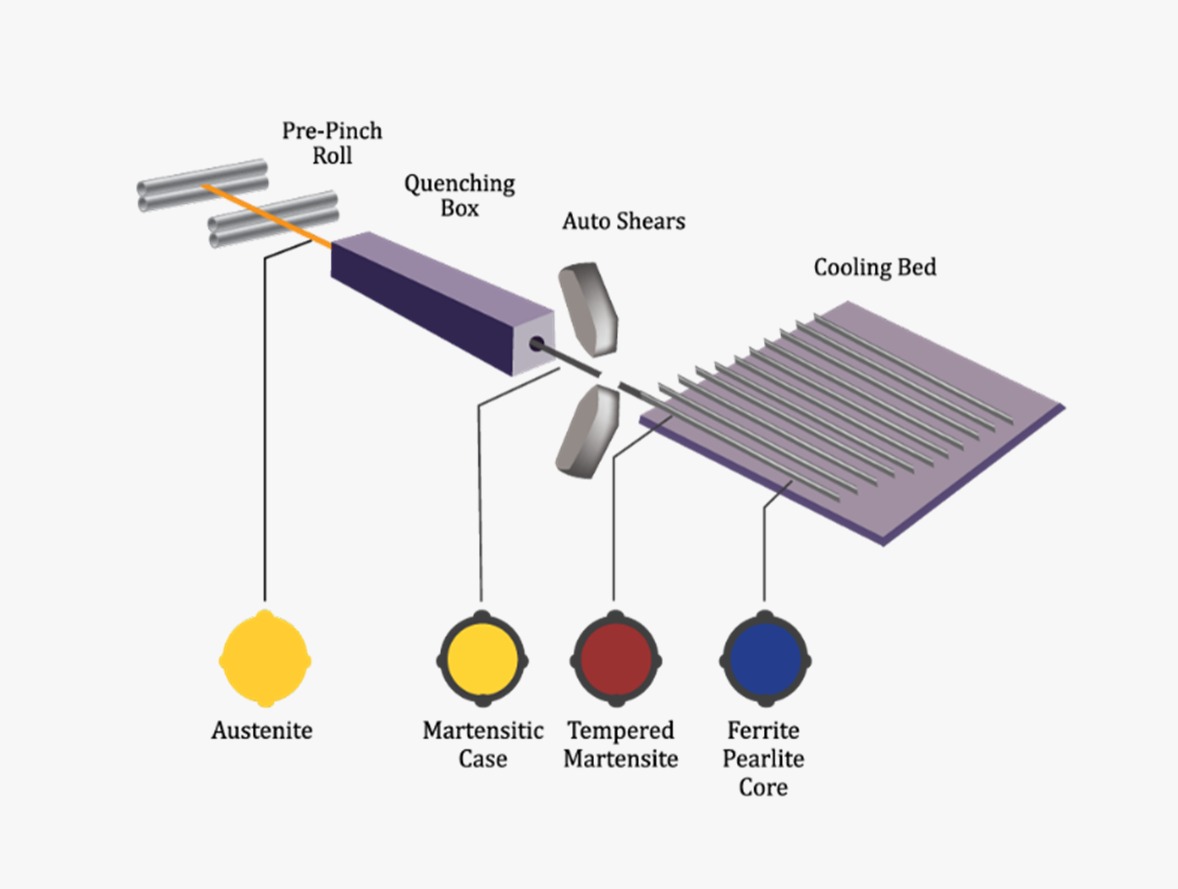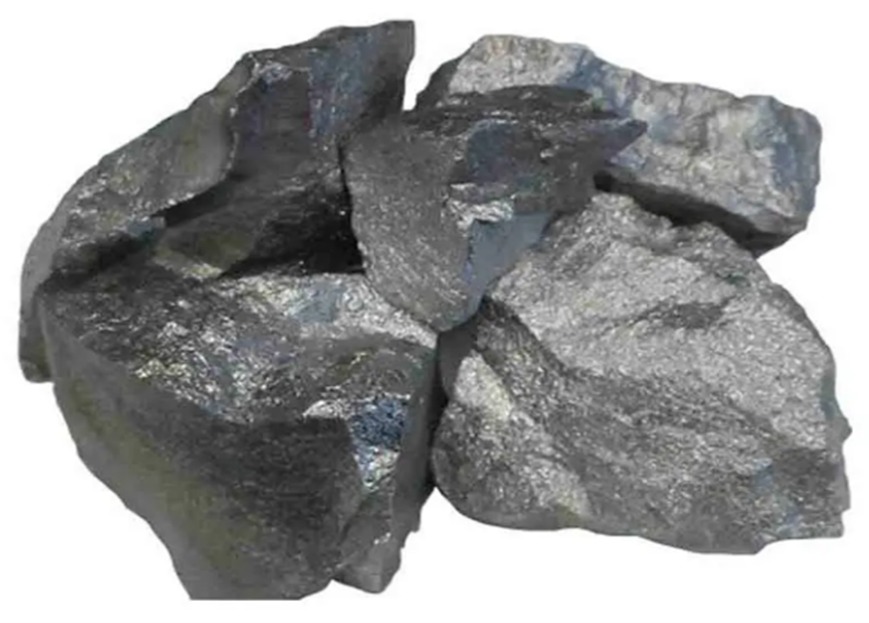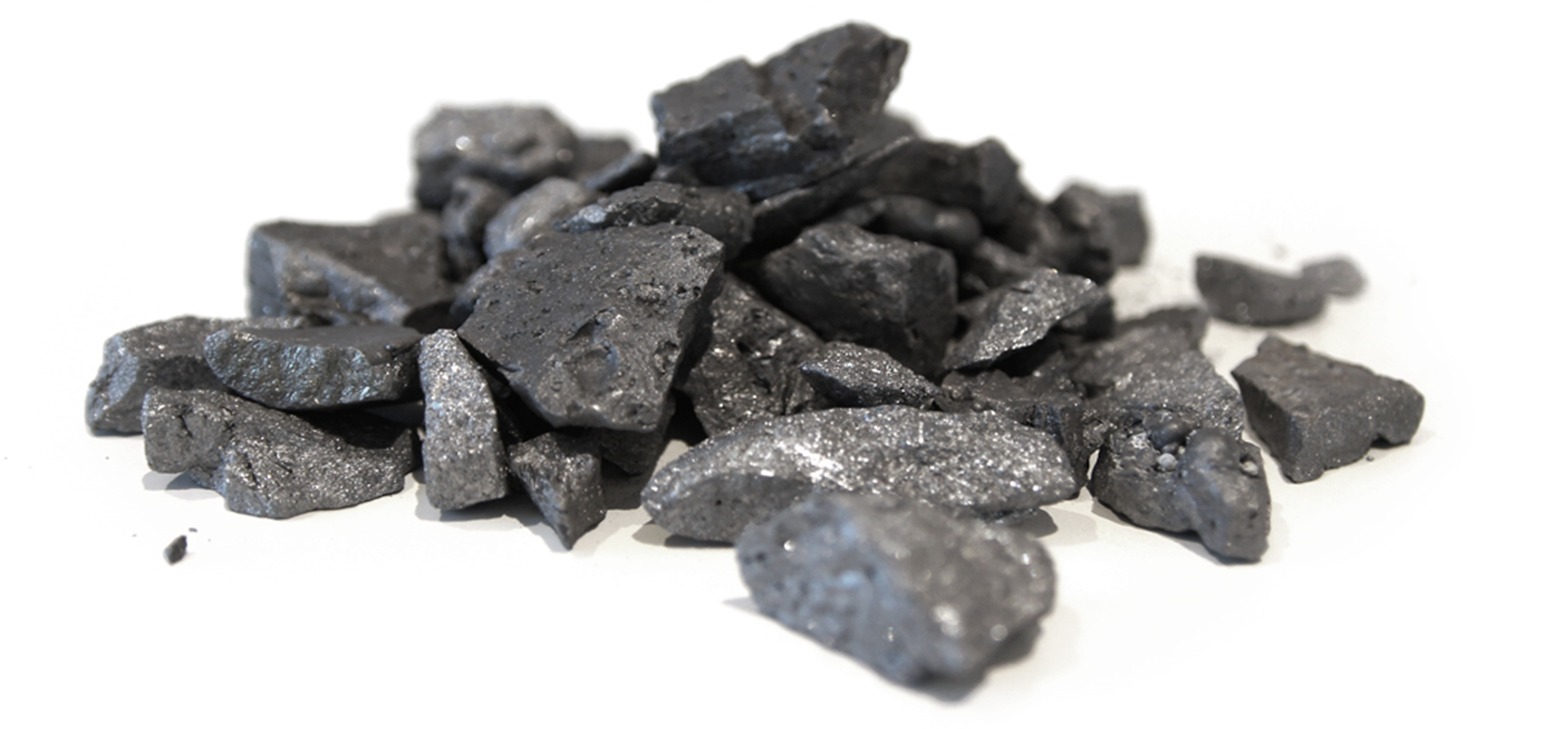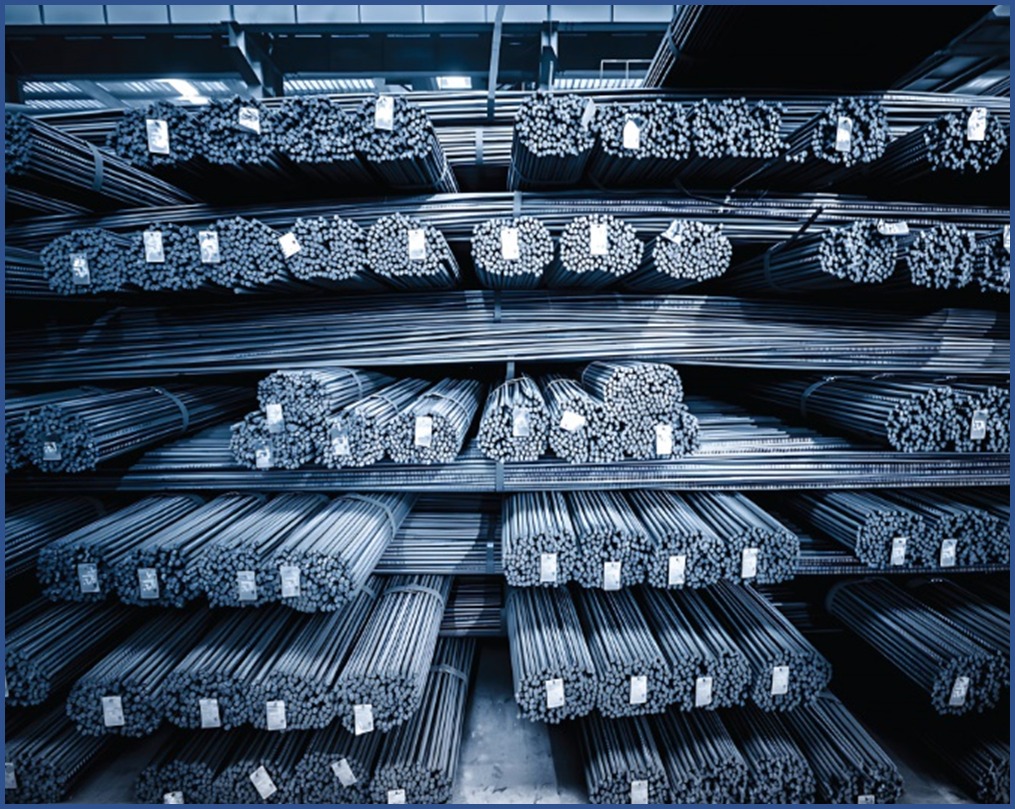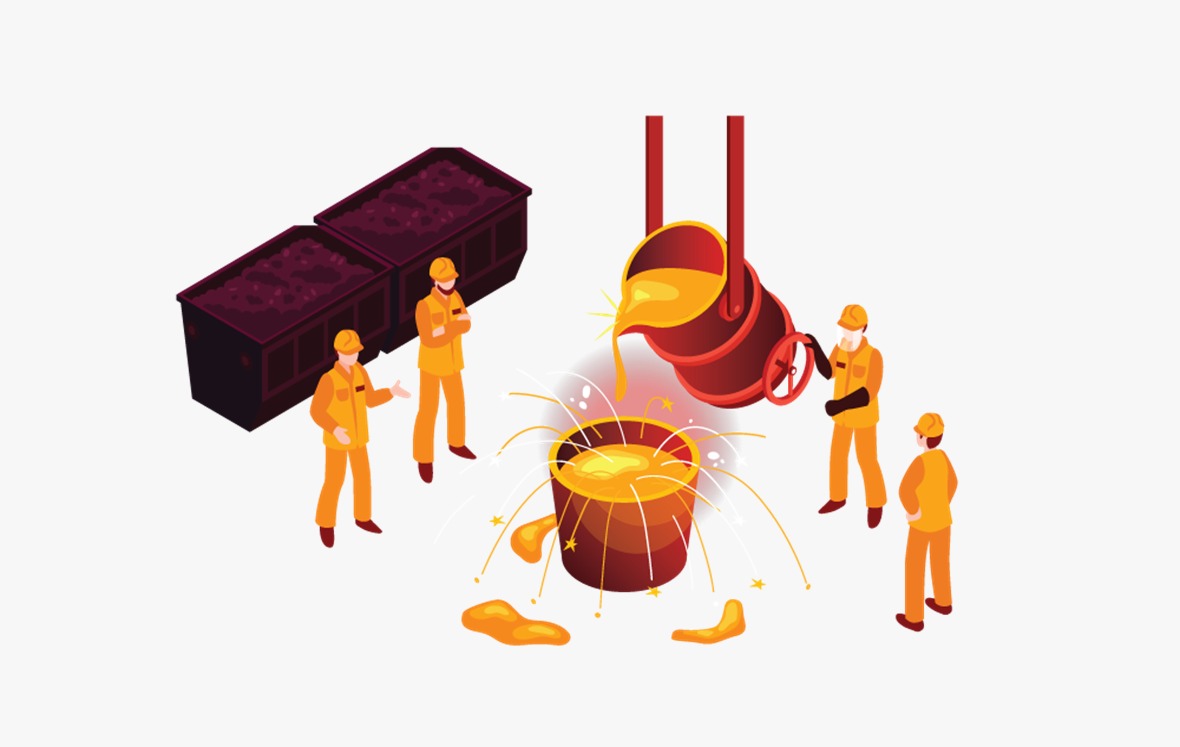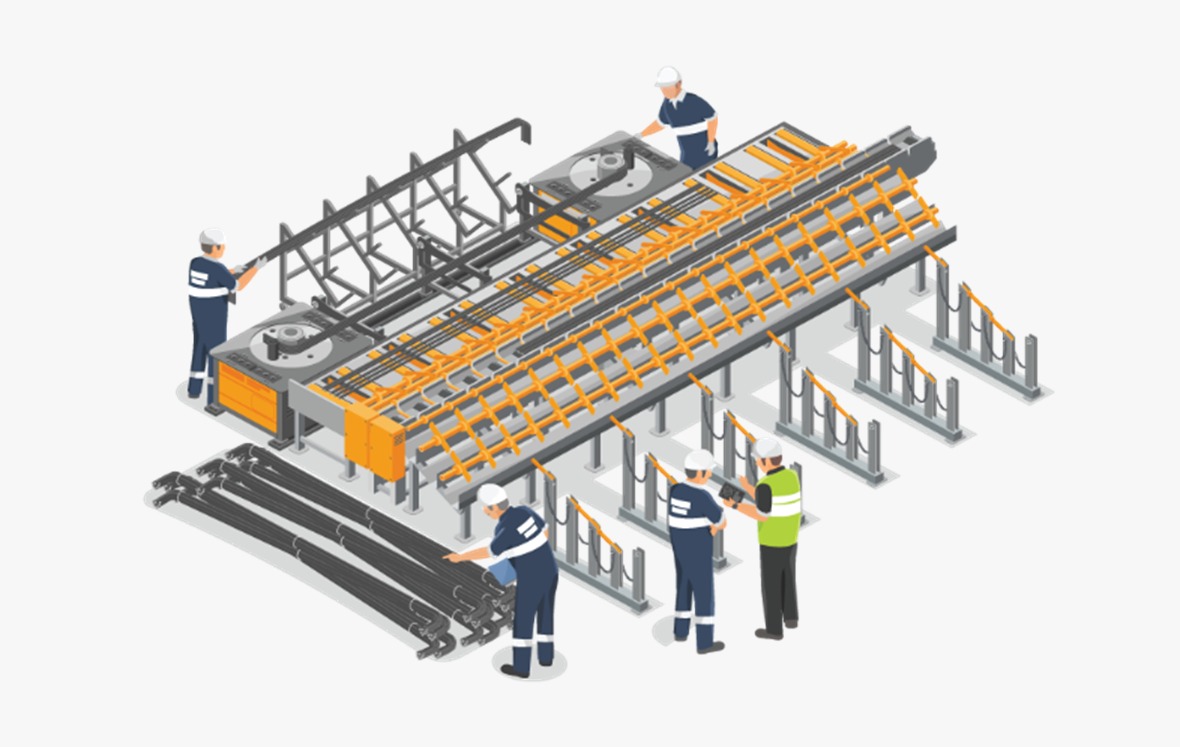4. Automation and Precision in Rolling Mills: Modern rolling mills in Bangladesh are equipped
with automated control systems like Advanced Quenching Box, Auto Shearing Machine,
Computer Numerical control (CNC) and Universal Testing Machine (UTM) that ensure precise
shaping and sizing of deformed bars. This automation reduces human error, enhances
production efficiency, and results in bars with uniform rib patterns and consistent dimensions.
Such advancements are crucial for maintaining the structural integrity of concrete constructions.
The choice of raw materials significantly influences
the quality of deformed bars. In recent years,
Bangladeshi steel manufacturers have shifted
towards using high-grade billets, which are the
primary raw materials for deformed bar production.
These billets are produced in integrated steel mills in
Bangladesh, ensuring better control over the
chemical composition and mechanical properties of
the final product.
Additionally, innovations in the chemical formula of steel, including the use of low-carbon content and
alloying elements, have enhanced the corrosion resistance and longevity of deformed bars. This is
particularly important in a tropical country like Bangladesh, where humidity and salinity can adversely
affect construction materials
Steel Factory Innovations: The emergence of new technologies and processes at various steel factories
in Bangladesh has positioned the country as a competitive player in the global steel market. The list of
steel mills in Bangladesh continues to expand as demand grows, with each mill striving to innovate and
improve its products. The Bangladesh Steel Manufacturers Association (BSMA) plays a pivotal role
in setting industry standards and promoting best practices among all steel companies in Bangladesh.
This collaborative effort ensures that the industry remains competitive and capable of producing worldclass steel products.
Economic Contributions: With an estimated worth of $62 million as of 2022, the Bangladeshi steel
industry is expected to grow further due to investments in infrastructure projects like roads, bridges, and
buildings—key areas where deformed bars are extensively used.
The choice of raw materials significantly influences
the quality of deformed bars. In recent years,
Bangladeshi steel manufacturers have shifted
towards using high-grade billets, which are the
primary raw materials for deformed bar production.
These billets are produced in integrated steel mills in
Bangladesh, ensuring better control over the
chemical composition and mechanical properties of
the final product.
The choice of raw materials significantly influences
the quality of deformed bars. In recent years,
Bangladeshi steel manufacturers have shifted
towards using high-grade billets, which are the
primary raw materials for deformed bar production.
These billets are produced in integrated steel mills in
Bangladesh, ensuring better control over the
chemical composition and mechanical properties of
the final product.
As we look ahead, continued investment in technology and sustainable practices will be essential for maintaining
competitiveness within both local and international markets. The future of steel industries in Bangladesh looks
promising with these innovations paving the way for more resilient infrastructure development across the nation.


